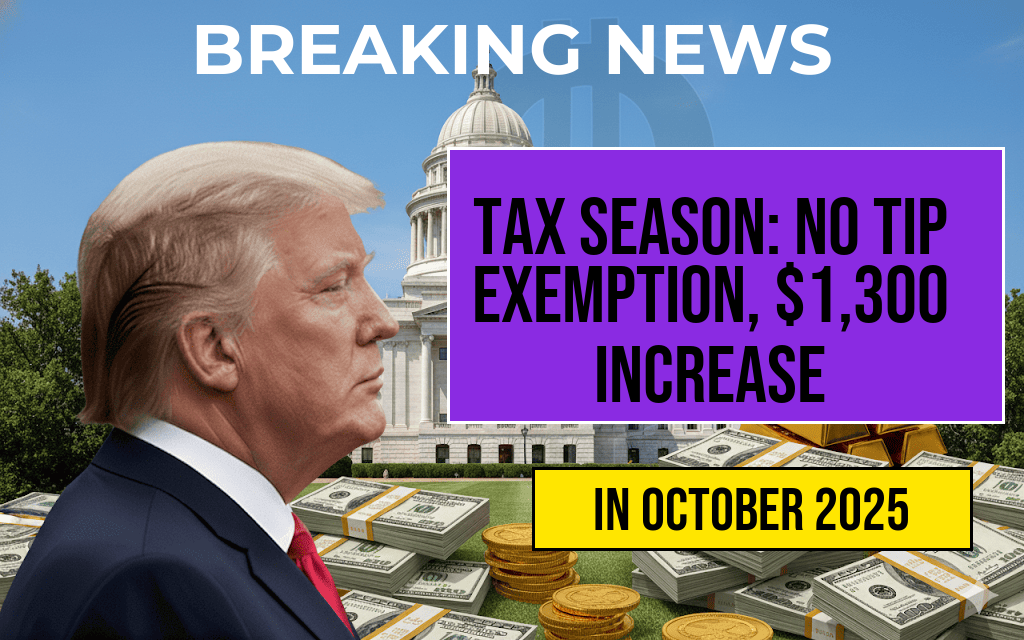Federal employees relying on their regular paychecks could face significant financial strain if they miss two consecutive pay periods. For a GS-12 employee, the loss of two paychecks might amount to as much as $4,000, potentially impacting rent, utilities, and other essential expenses. This situation often arises during government shutdowns, technical payroll processing issues, or delays in appropriations, leaving affected workers uncertain about their immediate financial future. Understanding the potential consequences and knowing the steps to take can help employees mitigate financial hardship and navigate the uncertainty more effectively.
Understanding the Impact of Missed Paychecks on Federal Employees
For federal workers, especially those at the GS-12 level, paychecks form the backbone of monthly financial planning. Missing one paycheck can be manageable for some, but missing two can lead to serious complications, including late payments, overdraft fees, and increased financial stress. The amount lost varies depending on the employee’s pay grade, locality pay, and other factors, but a GS-12 employee earning approximately $80,000 annually could see a combined loss of up to $4,000 for two missed pay periods.
Why Do Paychecks Get Delayed?
- Government shutdowns: Funding lapses can halt payroll processing temporarily.
- Technical issues: System errors or delays in payroll systems can disrupt timely payments.
- Budget delays or appropriations: Congressional delays in passing budgets or continuing resolutions may freeze pay disbursements.
- Administrative errors: Mistakes in processing or updating employee information can cause delays.
These disruptions are often beyond the immediate control of employees but understanding the causes can help in seeking appropriate remedies.
Financial Risks for Federal Employees Missing Paychecks
| Impact Area | Description |
|---|---|
| Rent and Mortgage | Late or missed payments could result in penalties or eviction notices. |
| Utilities | Disconnection risks or late fees for electricity, water, and gas bills. |
| Credit Score | Missed payments can negatively affect credit reports and future borrowing. |
| Debt Repayments | Delayed payments on credit cards, student loans, or personal loans. |
| Essential Expenses | Food, transportation, and healthcare costs may become unmanageable. |
Given these risks, proactive steps are essential for federal employees facing potential pay disruptions.
Actions to Take When Facing a Paycheck Delay
1. Contact Your Payroll Office Immediately
First, verify whether the delay is due to administrative issues or a broader government shutdown. Contact your agency’s payroll or human resources department to get detailed information. They can provide guidance on when to expect payment and whether any interim measures are in place.
2. Explore Emergency Financial Resources
- Federal Employee Emergency Relief Fund: Some agencies or unions offer relief programs for employees facing financial emergencies (more info at OPM Employee Relief Fund).
- Local Charitable Organizations: Community resources or charities may provide short-term assistance.
- Credit Unions and Banks: Request for short-term loans or overdraft protections.
3. Review Your Financial Options
Assess available funds, including savings or credit lines, to cover essential expenses. Contact service providers to explain the situation; some utilities and lenders may offer deferred payment plans during financial hardships.
4. Communicate with Creditors and Landlords
Open dialogue with creditors can sometimes lead to temporary payment arrangements. Many entities prefer to work with customers proactively to avoid defaults or late fees.
5. Prepare for Future Disruptions
- Build an emergency fund: Aim to save at least three to six months of living expenses to buffer against future payment delays.
- Set up automated alerts: Monitor payroll and bank account activity to catch issues early.
- Stay informed: Sign up for official alerts from your agency or payroll provider regarding pay schedules and disruptions.
Policy and Government Response
The federal government has mechanisms to support employees during shutdowns or delays, including back pay after funding is restored. The American Rescue Plan Act and other legislative measures often include provisions for back pay, but employees should not rely solely on future reimbursements during ongoing delays. Immediate financial planning remains critical.
Need for Broader Financial Preparedness
This situation underscores the importance of maintaining a contingency plan among federal workers. While most employees receive their paychecks reliably, unexpected disruptions can occur, emphasizing the value of emergency savings and proactive financial management.
For additional guidance, federal employees can consult resources such as the Office of Personnel Management and financial planning advisories tailored for government workers.
Frequently Asked Questions
Question
What are the potential financial impacts of missing two paychecks for a GS-12 federal employee?
Question
How can a federal employee prevent missing paychecks and avoid losing up to $4,000?
Question
What steps should a federal employee take if they realize a paycheck is missing or has been delayed?
Question
Are there specific payroll issues or administrative processes that can cause missed paychecks for federal employees?
Question
What resources or contacts are available for federal employees experiencing paycheck problems?






